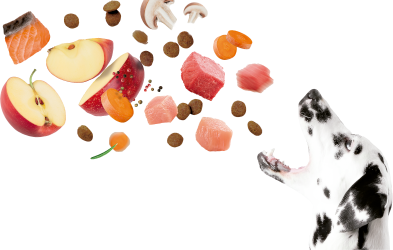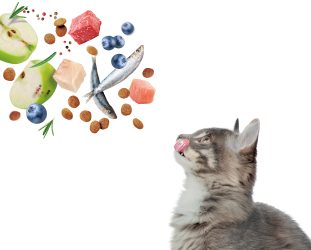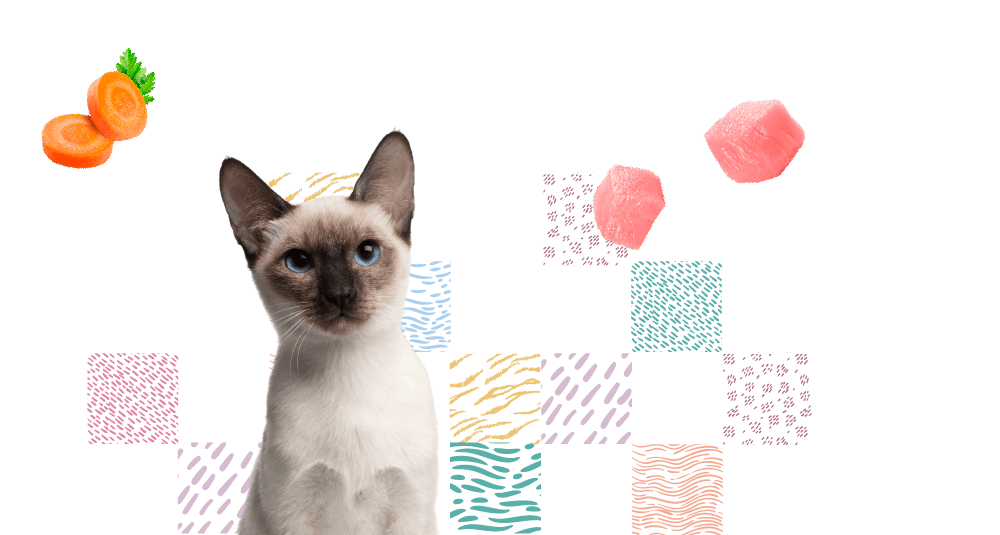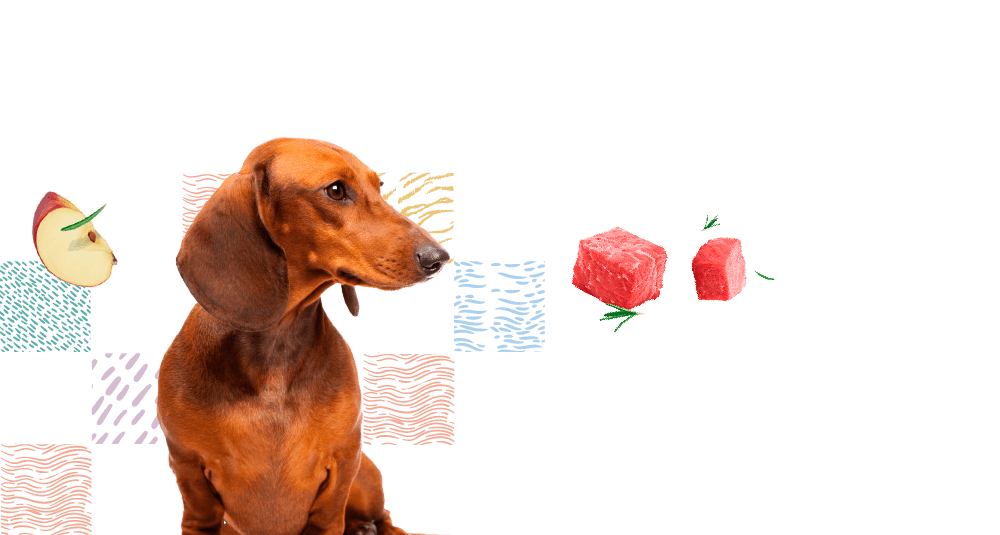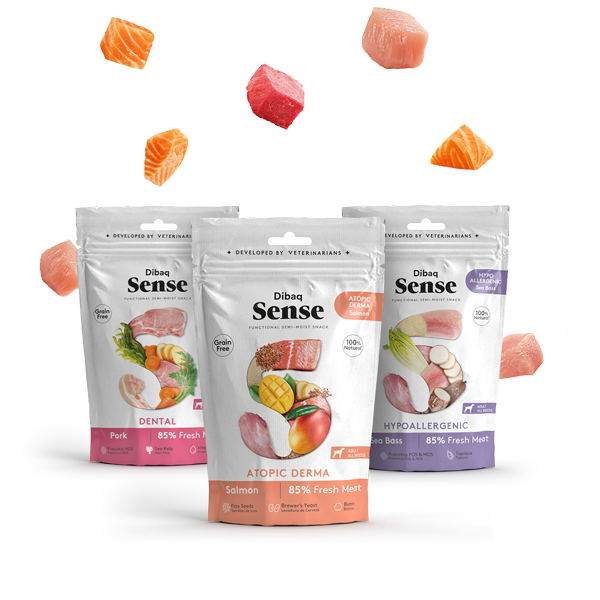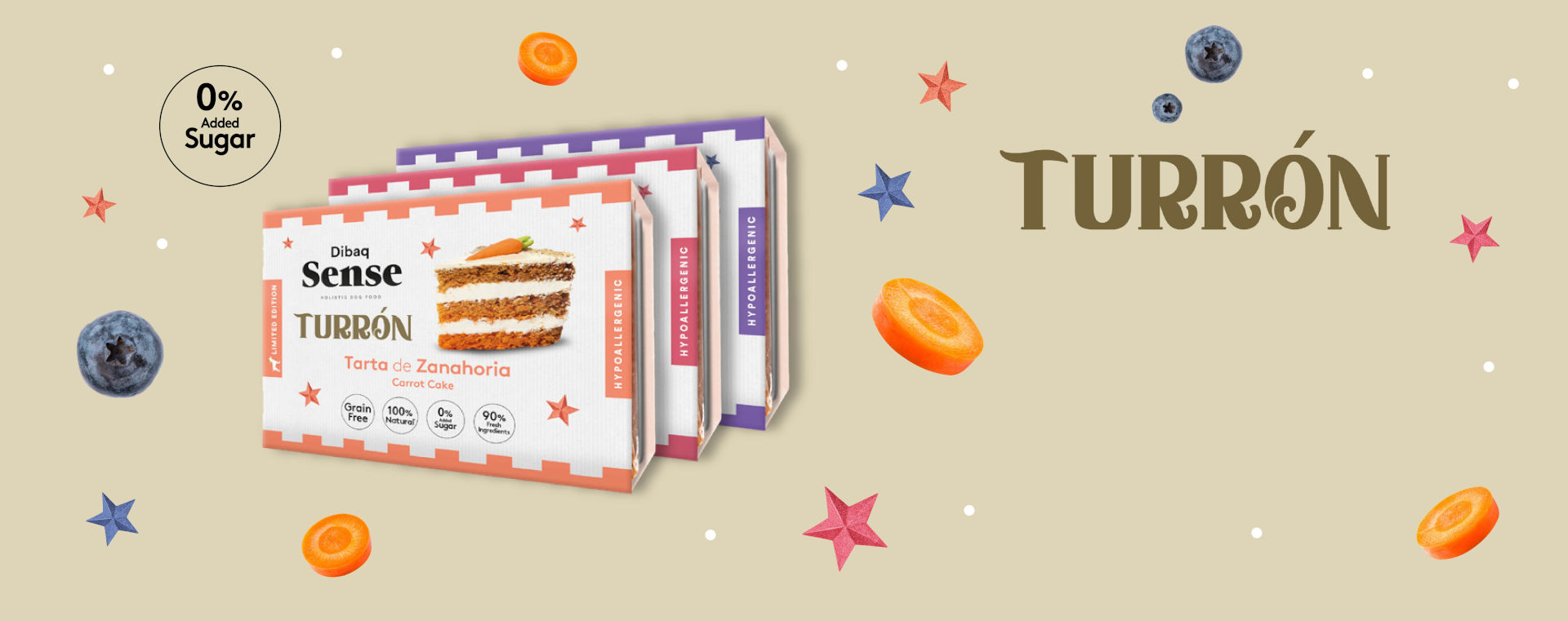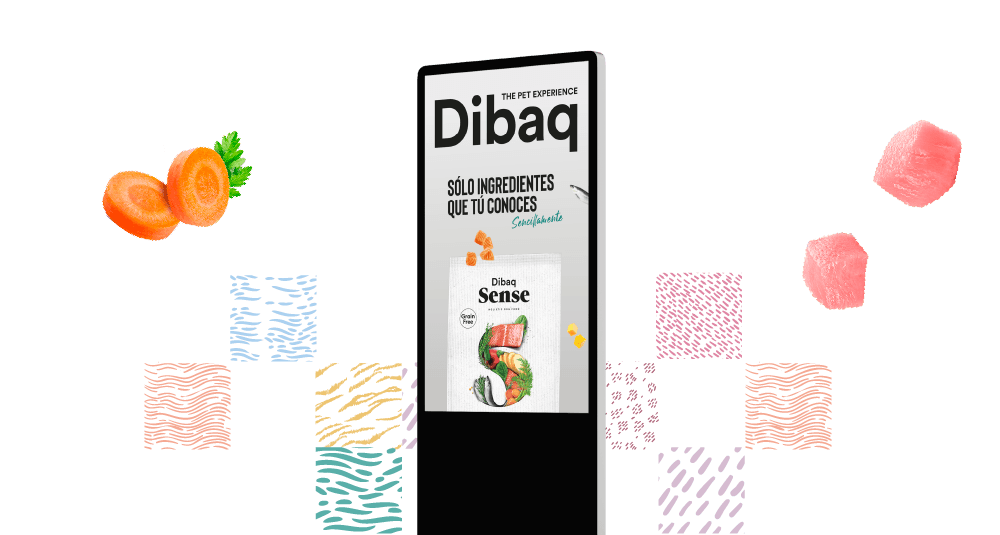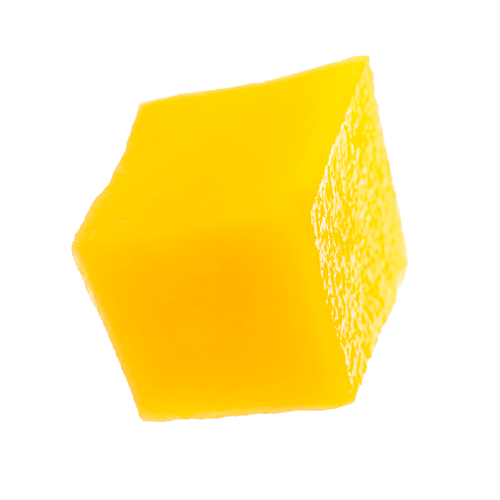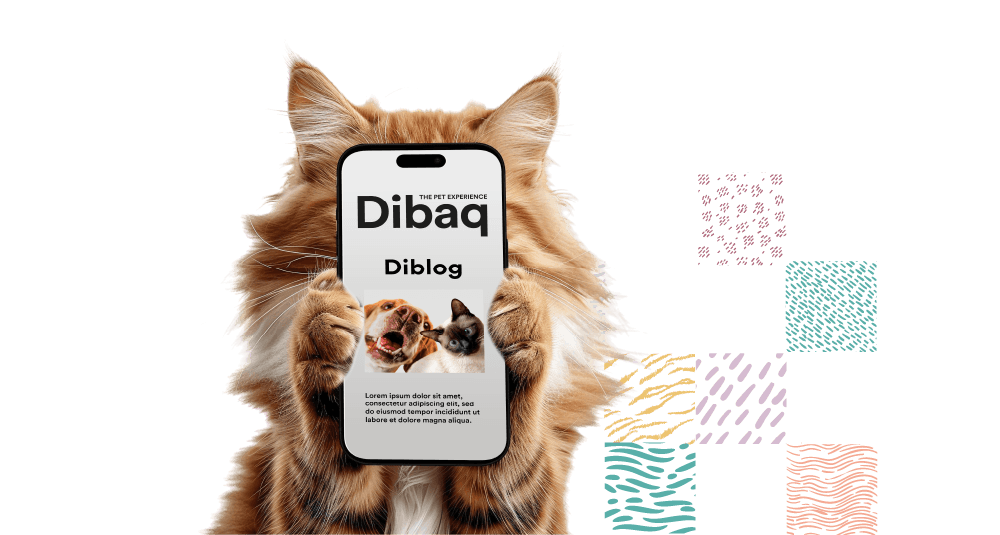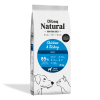Why do cats purr?
Cat food and nutrition play a fundamental role in their well-being, and understanding why they purr can help you improve their physical and emotional health. Purring is a typical cat behavior that can express happiness, relaxation, communication, stress, or even pain. Knowing the reasons behind this behavior allows owners to better care for their pets, ensuring they feel safe, happy, and healthy.
A balanced diet with quality Dibaq Pet Care food helps cats maintain a positive emotional state, enhancing their natural behavior.
What does purring mean?
A cat's purring doesn't always indicate happiness, so it's important to observe the context and associated cues. The main reasons include:
-
Happiness and relaxation: When the cat is calm and comfortable, it usually purrs softly.
-
Communication: Cats use purring to interact with other cats or their owners.
-
Stress or pain: A purr can indicate that the cat is seeking comfort, so it's key to observe other signs.
-
Illness: A cat that purrs constantly, accompanied by lethargy or lack of appetite, may need veterinary attention.
Signs associated with purring include body posture, meowing, and interaction with humans or animals. Understanding these signs helps you correctly interpret your cat's emotions.
Benefits of purring for cats
Purring not only reflects emotions, but also has positive effects on the cat's health:
-
Stress and anxiety relief: contributes to a more stable emotional state.
-
Bone and muscle regeneration: Purring vibrations have been shown to promote tissue recovery.
-
Social bonds: strengthens relationships with humans and other cats.
-
Overall well-being: Happy cats tend to have good digestion and appetite, maintaining their overall health.
A cat that purrs regularly indicates that it feels safe and healthy, which is closely related to proper and nutritious nutrition.
The relationship between food and behavior
The quality of cat food directly influences their behavior and well-being. Well-nourished cats tend to be calmer and purr more often. Some key aspects:
-
High-quality proteins: essential for muscle mass and energy.
-
Fatty acids: contribute to a healthy coat and moisturized skin.
-
Vitamins and minerals: support digestive health and the immune system.
A quality Dibaq Pet Care food , whether dry or wet, ensures your cat receives all the necessary nutrients. A balanced diet translates into stable energy and a balanced emotional state, thus promoting purring and happiness.
Tips to promote well-being and purring in your cat
To keep your cat happy and purring:
-
Feeding routines: always use a high-quality Dibaq Pet Care feed , adapted to your pet's age and needs.
-
Safe and calm environment: A comfortable, stress-free space promotes well-being.
-
Exercise and games: appropriate activities maintain physical and mental balance.
-
Positive human contact: caresses, brushing, and companionship strengthen bonds and generate emotional security.
These practices, combined with proper nutrition, increase the likelihood that your cat will purr regularly and stay healthy.
When to worry about purring
Although purring is usually positive, there are situations in which it can be a warning sign:
-
Purring accompanied by pain or discomfort .
-
Lack of appetite or lethargy .
-
Significant changes in behavior or activity.
In these cases, it is recommended to consult a veterinarian to rule out health problems. Furthermore, good nutrition helps prevent digestive diseases and other diet-related problems. Dibaq Pet Care food provides the necessary nutrients to maintain a healthy digestive system and optimal physical condition.
Purring reflects emotions and well-being, and is enhanced with proper care and a quality diet. Choosing a nutritious and balanced food from Dibaq Pet Care directly contributes to a cat's happiness, ensuring their physical and emotional health remains optimal.
Discover Dibaq Pet Care's range of cat foods and give your pet the nutrition they need to be healthy, happy, and purring every day.
Share this content

